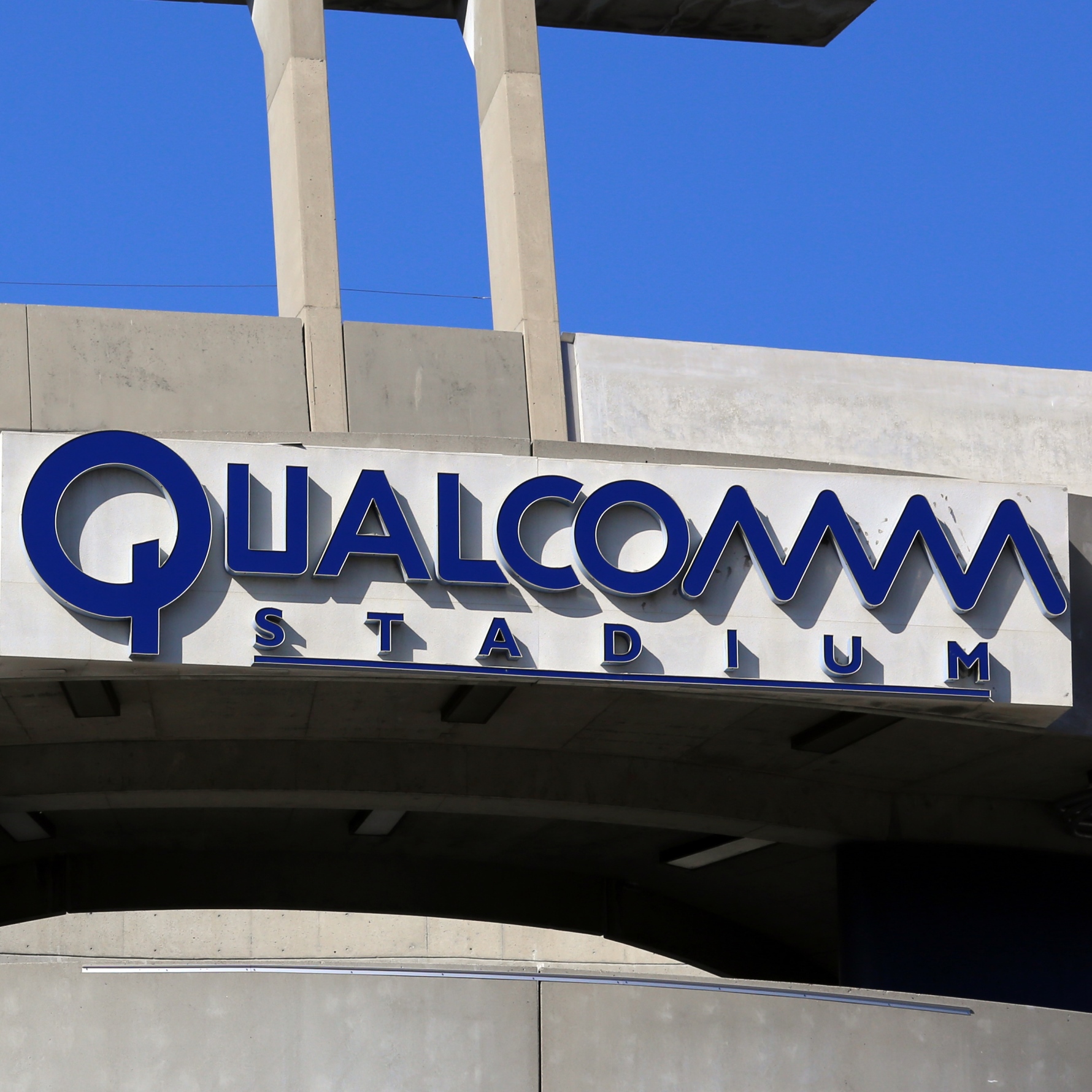
It’s pretty difficult to see the latest development in the proposed acquisition by Qualcomm Inc. (NASDAQ: QCOM) of NXP Semiconductors N.V. (NASDAQ: NXPI) as anything other than a tit-for-tat from the Chinese government. China’s Ministry of Commerce (MOFCOM) requested that the two firms withdraw and refile the notice of their proposed merger and the two companies did as they were asked.
The refiling has pushed out the end date of the proposed acquisition from April 25 to July 25, likely to accommodate a MOFCOM review period. If all regulatory approvals, including this one, are not received by July 25, then Qualcomm will pay NXP a termination fee of $2 billion. The transaction is valued at $40 billion if it goes through.
Taking a page out of the book written by the United States, MOFCOM is complaining that proposed transaction would have a negative impact on the market. Bloomberg reports that MOFCOM spokesman Gao Geng said this:
The authority has talked with Qualcomm about how to reduce the negative impact on the market and has conducted market tests using the remedy plan from Qualcomm. An initial investigation shows Qualcomm’s plan can hardly solve relevant problems.
When the Committee on Foreign Investment in the United States (CFIUS) essentially squashed Broadcom Ltd.’s (NASDAQ: AVGO) $117 billion bid for Qualcomm in early March, the committee cited national security concerns and Qualcomm’s industry leadership and its position as a “well-known” and “trusted” firm:
Reduction in Qualcomm’s long-term technological competitiveness and influence in standard setting would significantly impact U.S. national security. This is in large part because a weakening of Qualcomm’s position would leave an opening for China to expand its influence on the 5G standard-setting process:
So, Broadcom gave up on an acquisition of Qualcomm because the federal government (probably at Qualcomm’s instigation) declared that the deal was a threat not only to U.S. national security but to U.S. leadership in the development of 5G technology.
If the United States can declare that Qualcomm is their 5G champion, then China has little to gain from allowing the company to do business in the country. U.S. firms were recently banned from doing business with Chinese phone maker ZTE for seven years, a sharp blow to the Chinese company, which relies heavily on foreign chips. According to The Wall Street Journal, 65% of Qualcomm’s revenues originates in China and the country’s government is indicating that it is willing to play hardball in the developing trade war with the United States.
Perhaps Qualcomm can take comfort in the fact that trade wars are good and easy to win and that $2 billion is the price of becoming the U.S. champion.
Qualcomm stock traded down about 4.4% at $52.81 in the noon hour Thursday. The 52-week range is 48.92 to $69.28 and the 12-month consensus price target is $68.43.
NXP traded at $108.73, down about 3.8%, in a 52-week range of $103.90 to $125.93.
Thank you for reading! Have some feedback for us?
Contact the 24/7 Wall St. editorial team.
 24/7 Wall St.
24/7 Wall St.


